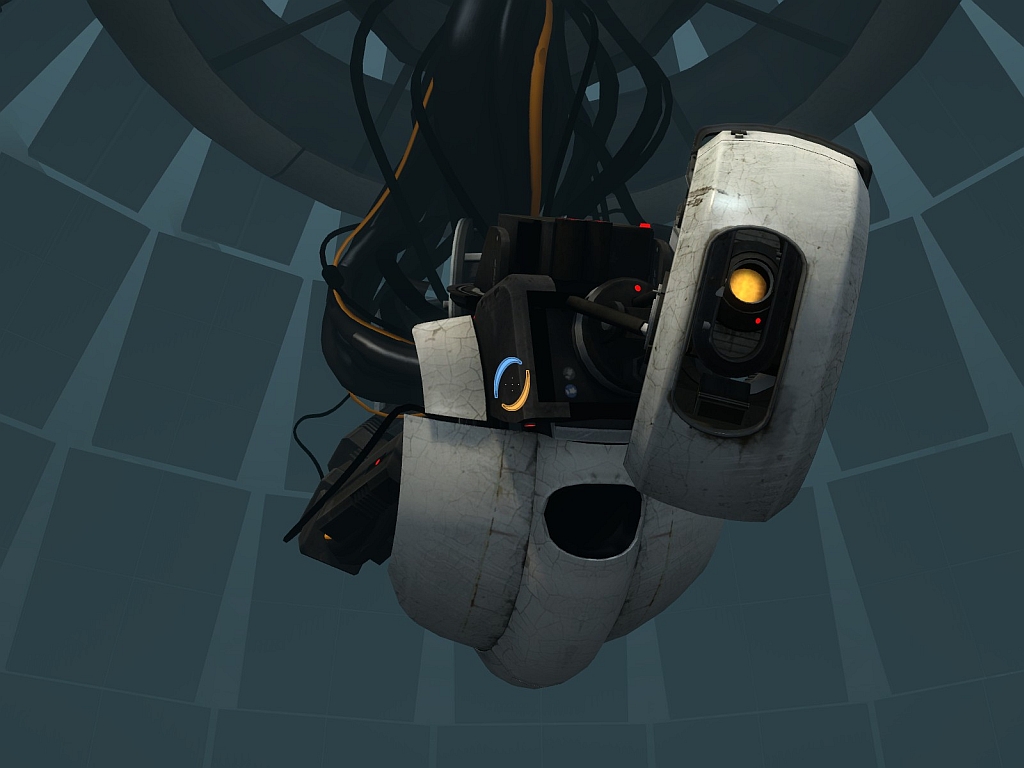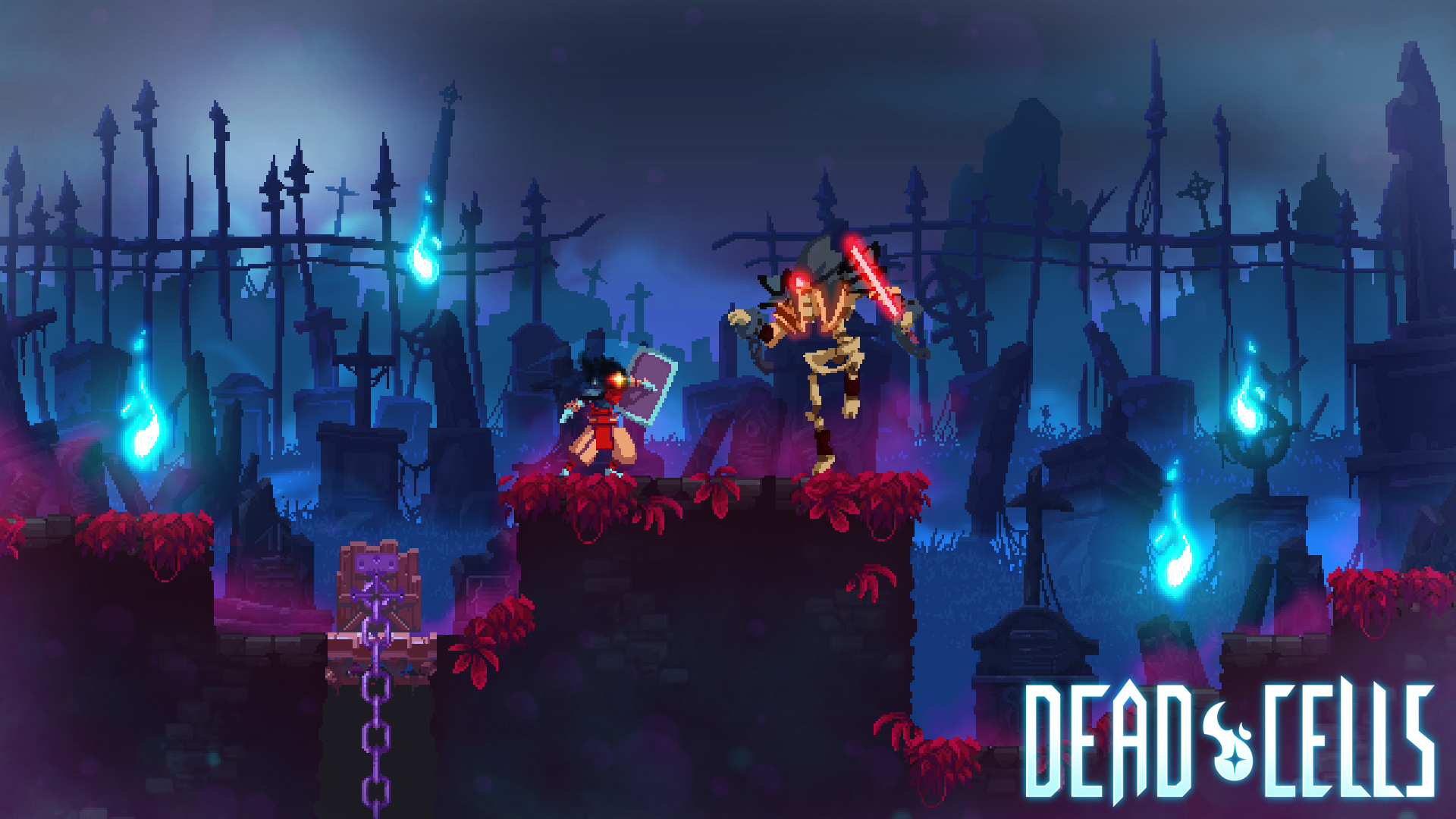It's been a few months since I played Night in the Woods. In my original write-up, I lauded the game's ability to create complex, identifiable characters. However, I wasn't as taken with what felt like the tacked-on supernatural element of the game and a clunky reveal of the Big Bad.
The third act of the game reveals that the "thing" haunting the woods is actually a secret cult of men from the town, who take part in a dark ritual wherein they kidnap and sacrifice townpeople to some eldritch horror that lives in an old mine.
When asked by Mae why they're killing people for this thing, a spokesman for the cult says: "You got to understand. In those days it was the end of the world. Jobs gone. Our kids were leaving. Government didn't care, only wanted our votes. Just puttin' in more regulations, sendin' our jobs overseas, spendin' our taxes on lazy people and immigrants, while we worked ourselves to death." [Mae's friend Bea interjects: "I hate this crap. You old dipshits."]
He explains that praying at the church didn't help, but once they started sacrificing people to this old god, money came back to the town, people got healthier, things were stable.
This game came out right at the start of 2017. Trump's election was still new and raw, and it felt like people were grasping at any straws they could to explain what was happening. Part of my frustration with this turn of events from Night in the Woods was that it felt like this was their attempt to do just that. I remember telling a friend, "Oh, this is why the game got delayed," meaning that I assumed they probably meant to release it sooner, but once the election happened, things needed to be rewritten to address our new shared reality. I mean, the language used by the cult leader was familiar to the point of being tired. I sighed and added this to my growing pile of, "All Art is Now About Trump."
In the months since playing, I'd forgotten about this moment, until I came across an article about the rise of Odinism in America, specifically among white male populations.
The headline was pretty matter-of-fact: An ancient Nordic religion is inspiring white supremacist terror (tw: anti-Semitism, Nazi imagery). The article explores the recent popularity of Odinism, a religion based around worship of Nordic gods. Odinism is preferred by some white supremacists who feel it is a "pure" white religion, "untainted" by influence from people of color. (Christianity is eschewed because, after all, Jesus was Jewish.) Further, it is a religion that can be based around militarism, where violence against the "other" is a positive, is righteous.
I suddenly felt like Night in the Woods' final scenes were more knowing than I originally gave them credit for, and perhaps more nuanced. In the above article, the author describes rituals held in the woods at night, mysticism embraced by populations who might not be normally seen as practitioners of the occult. (W.I.T.C.H.es, these men are not.) I
was clouded by the familiar language of Night in the Wood's cult leader. The cult was a metaphor to a larger thing. In my original overview, I wrote:
I found a real satisfaction in not knowing (before, during, and [honestly] after) if that "thing" haunting the town was an actual thing, or if it was just the shadow of desperation in a town that feels like its been forgotten by the rest of the world and is slowly falling apart.
Or both, tied together.
And I stand by that. Obviously, Odinism is not the keystone. It is one part of a many-headed hydra of white male fear and anxiety. However, there was still some gut-punch feeling I got reading the above article and realizing that though the game's cult is still a metaphorical representation of adherence to a certain sort of desperation, it has a literal analogue in the real world.
There is something in the woods, and we'd do well to understand that and root it out.





























